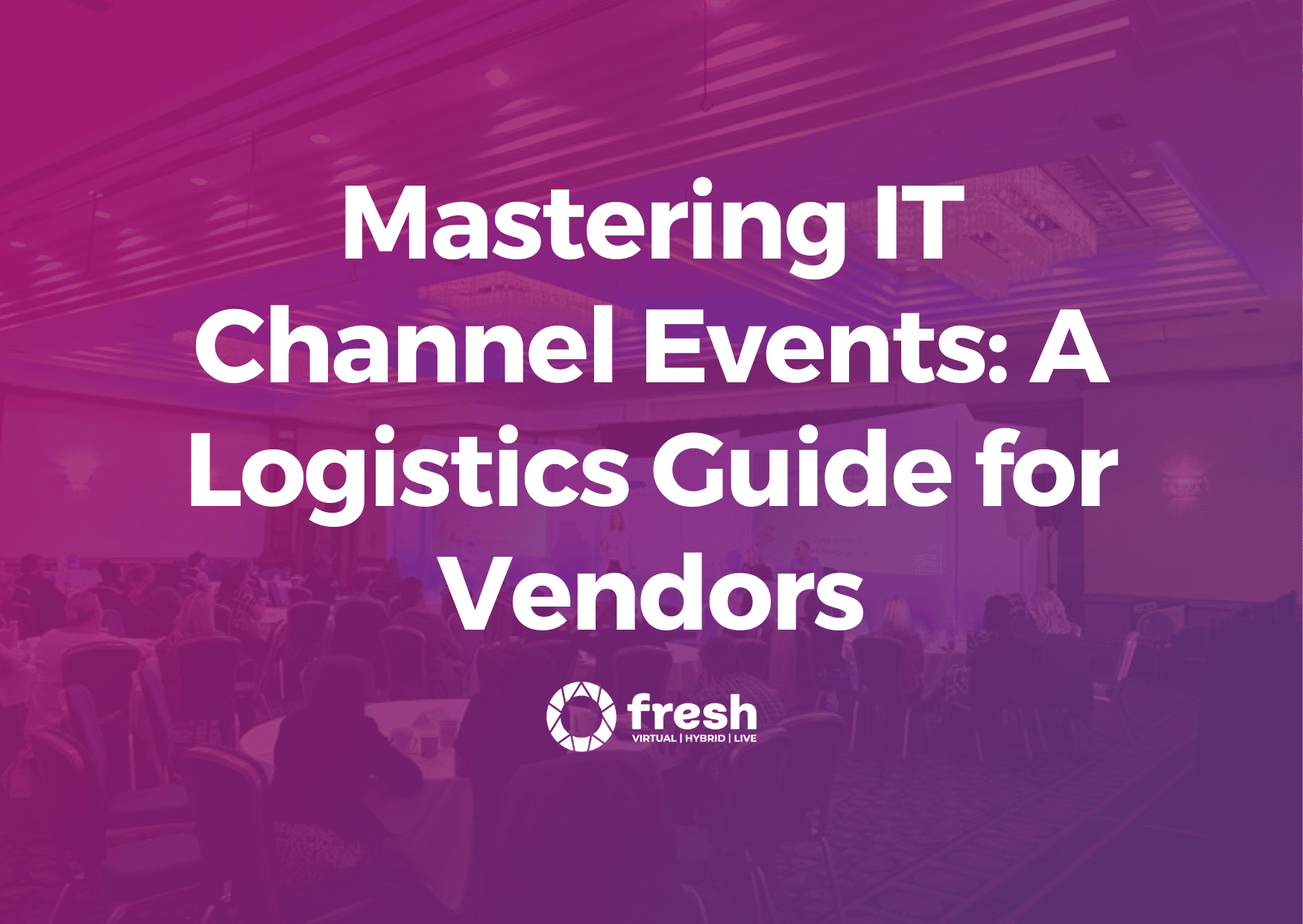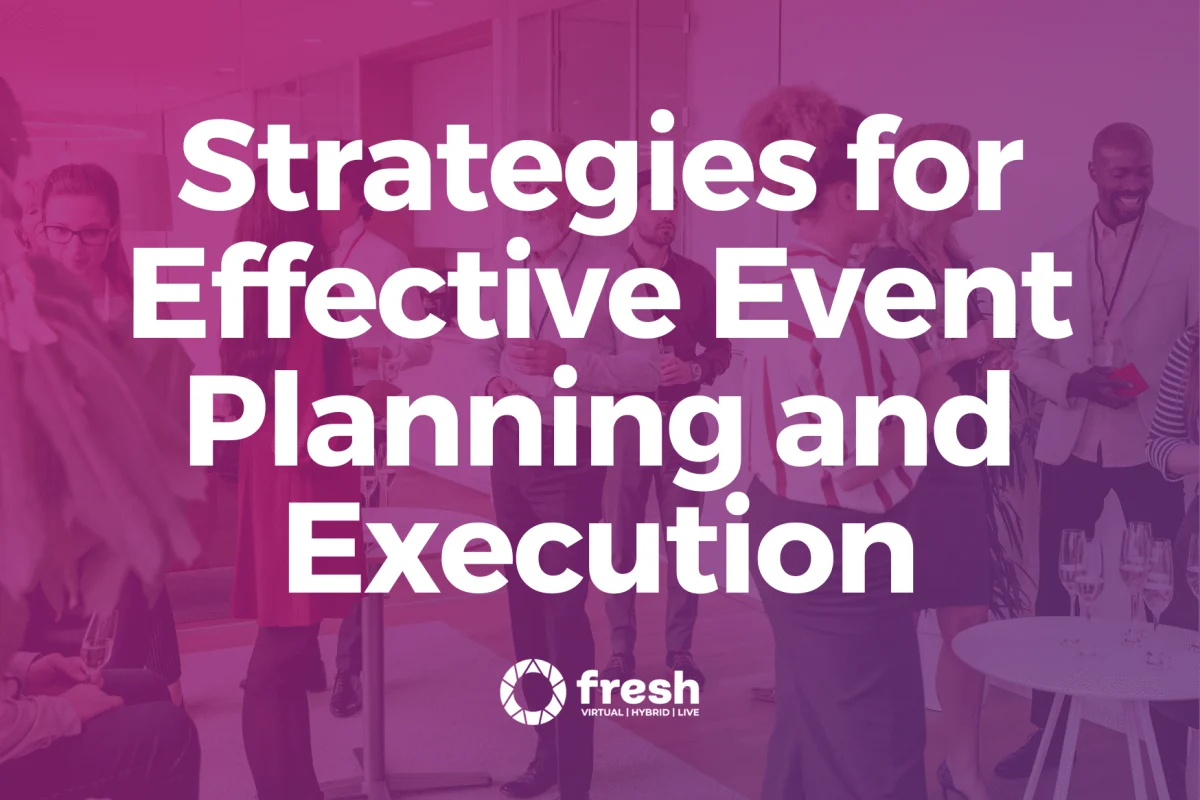Planning and executing an event can be a complex and demanding task. No matter what type of event or size, the success of an relies heavily on effective planning and execution. To ensure a seamless and memorable experience for attendees, here are some strategies to consider:
Define your goals
Start by clearly outlining your event goals and objectives. This will serve as a roadmap for all your planning activities. Whether it is to raise funds, promote a product, or create networking opportunities, having a clear sense of purpose will help in making informed decisions throughout the planning process.
Develop a detailed timeline
Create a timeline that outlines all the important milestones and tasks leading up to the event. This will help you stay organised and ensure that deadlines are met. Set realistic timelines and allocate sufficient time for each task, considering factors such as venue booking, marketing campaigns, vendor coordination, and attendee registration.
Create a budget
Establishing a budget is essential to manage expenses and allocate resources effectively. Consider all anticipated costs, including venue rental, catering, marketing materials, staff salaries, and entertainment. By having a clear budget in place, you can ensure that your event remains financially viable without compromising on quality.
Build a strong event team
Delegate responsibilities to a skilled and motivated team that can help execute various aspects of the event. Assign specific roles and responsibilities to team members based on their expertise. Effective communication and collaboration among team members are vital for a successful event.
Select the right venue
Choose a venue that aligns with the theme and objectives of your event. Consider factors such as capacity, amenities, accessibility, and location. Visit the venue in person to ensure it meets your requirements and can accommodate your expected number of attendees. Top tip would be to take your suppliers to see the venue too!
Effective marketing and promotion
Develop a comprehensive marketing plan using various channels to reach your target audience. Utilise social media, email marketing, traditional advertising, and partnerships with influencers or media outlets to create awareness and generate excitement about your event.
Seamless execution
Prepare a detailed event script or run sheet, including timelines, transitions, and important announcements. Conduct rehearsals and communicate clearly with all involved parties, including vendors, speakers, and performers. Have a backup plan in place for any unexpected situations that may arise during the event.
Engage and interact
Plan interactive activities and engage attendees throughout the event to ensure a memorable experience. Incorporate networking sessions, Q&A sessions, entertainment, and interactive displays to keep attendees engaged and create a positive impression. Tools like Slido, Mentimeter & Kahoot are great for this.
Gather feedback and evaluate
After the event, collect feedback from attendees, sponsors, and team members. Evaluate the success of the event based on the defined goals and objectives. Analyse feedback and data to identify areas of improvement and learnings for future events.
By following these strategies, you can ensure effective event planning and execution, leading to a successful and memorable experience for all involved. Remember to stay organised, remain flexible, and continually communicate with your team and stakeholders throughout the process. With proper planning and execution, your event is sure to leave a lasting impression.
Chat with our team today
Read More

You Need to Invest in AV for Your Next Event. Here’s Why.

Event Logistics Without the Headache: How to Keep It Fresh (Literally)

The Impact of AV Technology in Creating Immersive Event Experiences

Top Event Trends for 2025: AV, Logistics, and Videography

Mastering IT Channel Events: A Logistics Guide for Vendors


